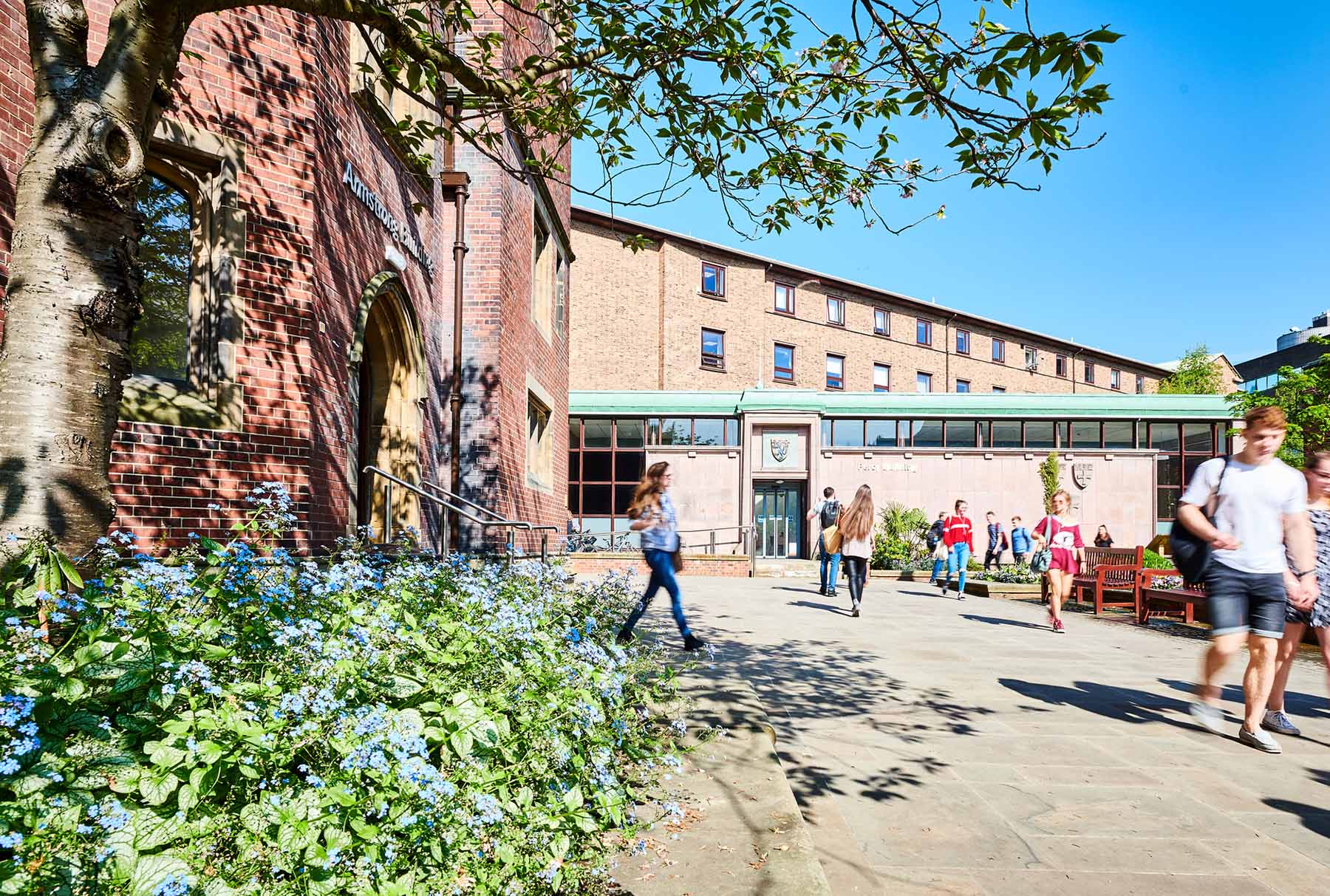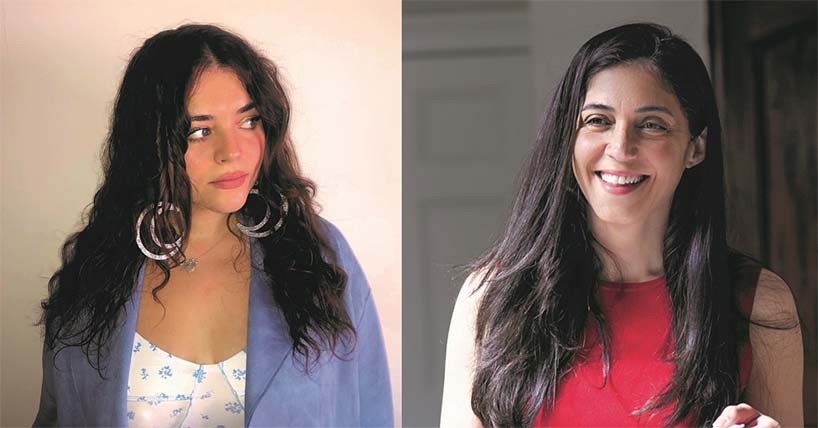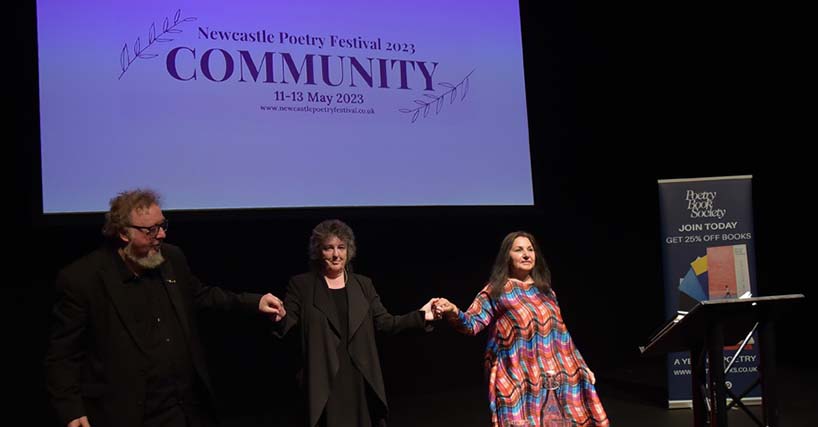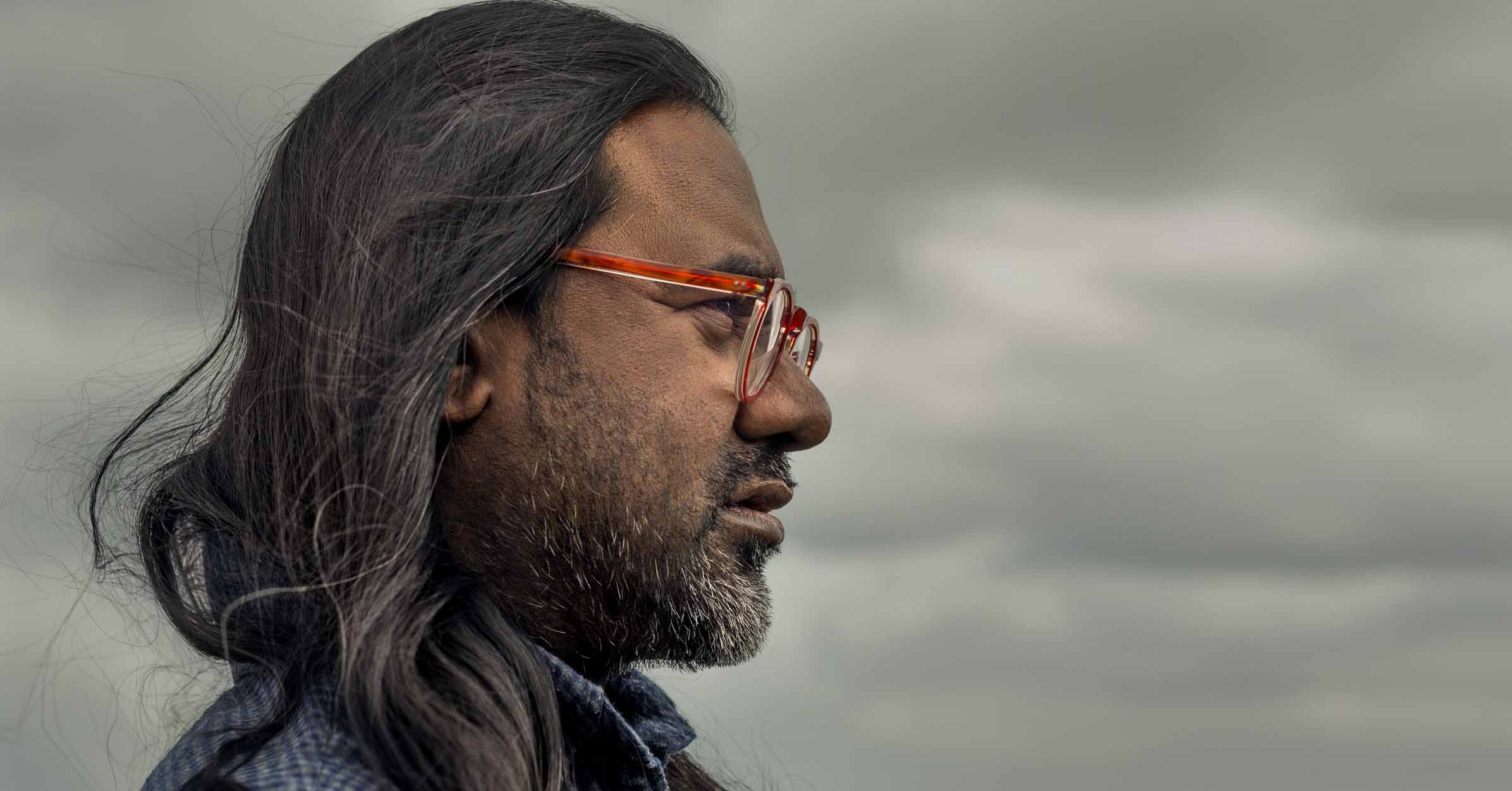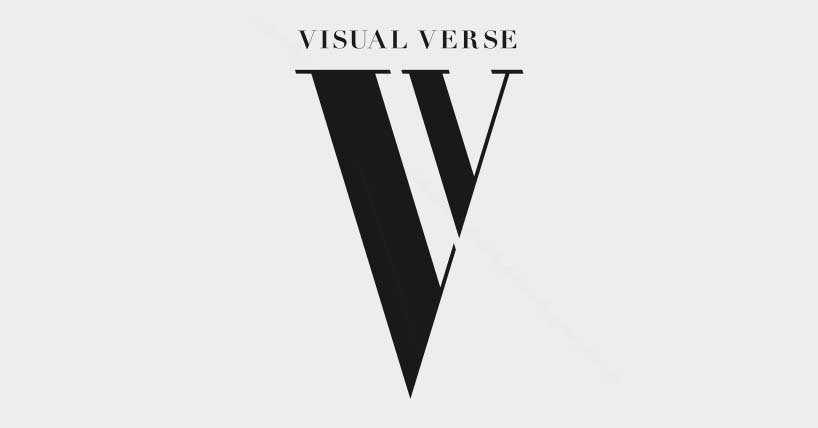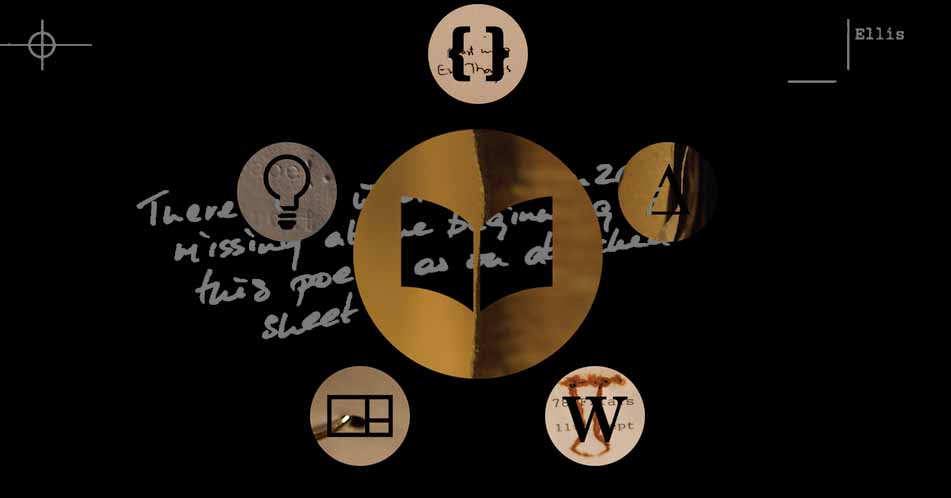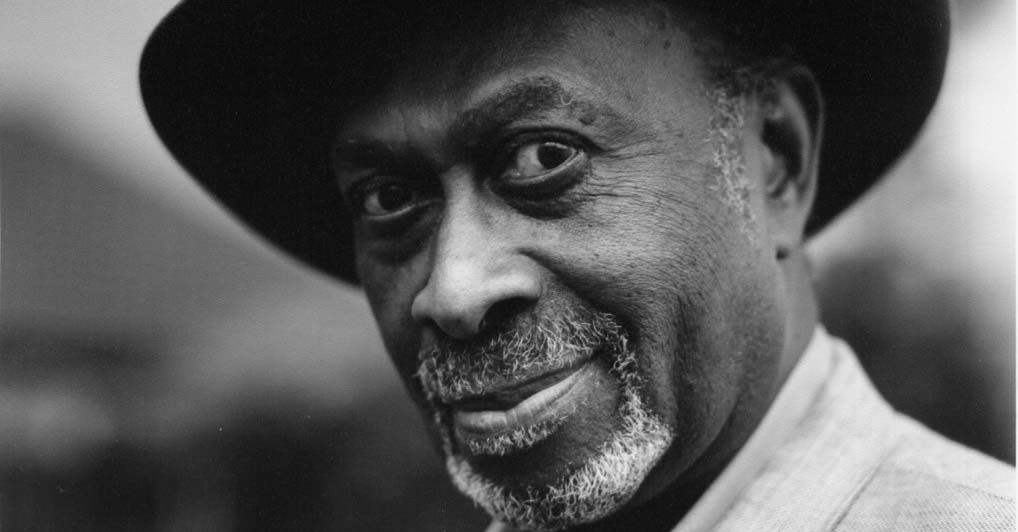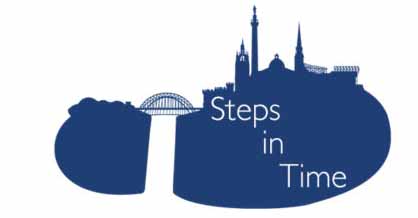Newcastle Centre for the Literary Arts
Home of creative writing, literary events, teaching and research in Newcastle and the North East.
Welcome to NCLA, our world-class centre for Creative Writing teaching, research and events. Writers working at NCLA include winners of the Gordon Burn Prize, the T.S Eliot Prize and the Republic of Consciousness Prize: come take a writing course with us, or meet us in conversation at our regular evening literary salon, which is free and open to all in the university and to the public.
At the salon we present the best contemporary writers discussing outstanding fiction and non-fiction, films and theatre script, poetry and hybrid forms and explore the pressing questions of our times from colonialism to migration, motherhood to mass-media culture; the long shadow of China’s Cultural Revolution to imagining the future through creative works.
Each spring, our renowned three-day ticketed Newcastle Poetry Festival offers a packed programme of readings, workshops, interdisciplinary performances and panel discussions by pre-eminent poets from around the world.
We also hold significant literary archives that are open for all. Explore audio and video of our entire events series to date, and don’t miss the complete archive of Visual Verse, the unique online anthology of art and words which ran from 2013-2023. We also hold the entire Bloodaxe archive and the papers of leading contemporary poets, all of which can be accessed below.
Our degrees and short courses will develop your creativity: as practising writers we can help you work towards publication in whatever form you choose. We look forward to you joining our vibrant and inclusive literary and artistic community.
Preti Taneja, Director, NCLA
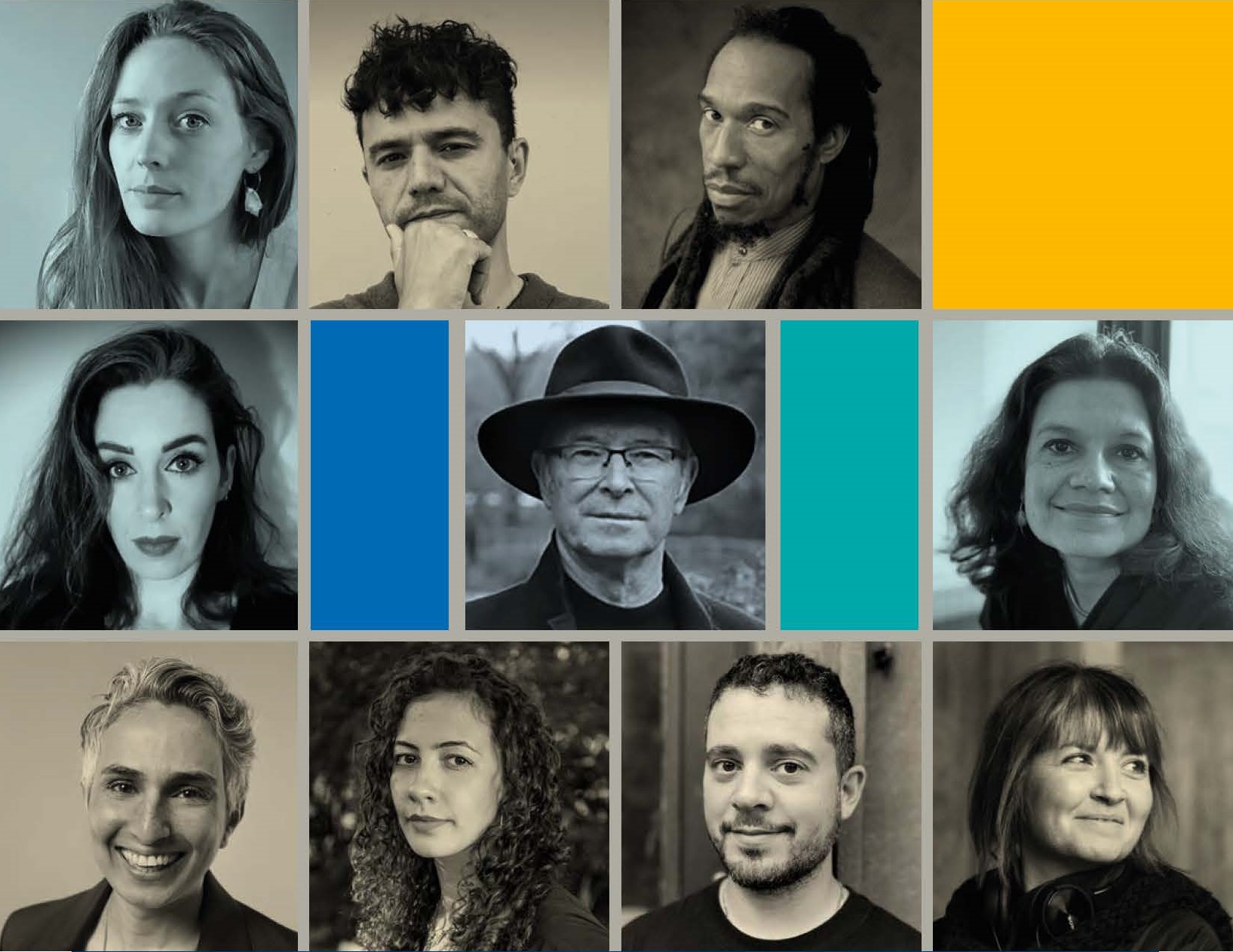
A selection of limited edition centre publications are available for purchase on the Newcastle University webstore.
View and buy publications on the Newcastle University webstore.
Alternatively, you can enquire about purchasing publications by contacting us using the details below:
Melanie Birch
School of English Literature, Language and Linguistics
Percy Building
Newcastle University
Newcastle-Upon-Tyne
NE1 7RU
United Kingdom
Email: melanie.birch@ncl.ac.uk
Telephone: +44 (0)191 208 7619
